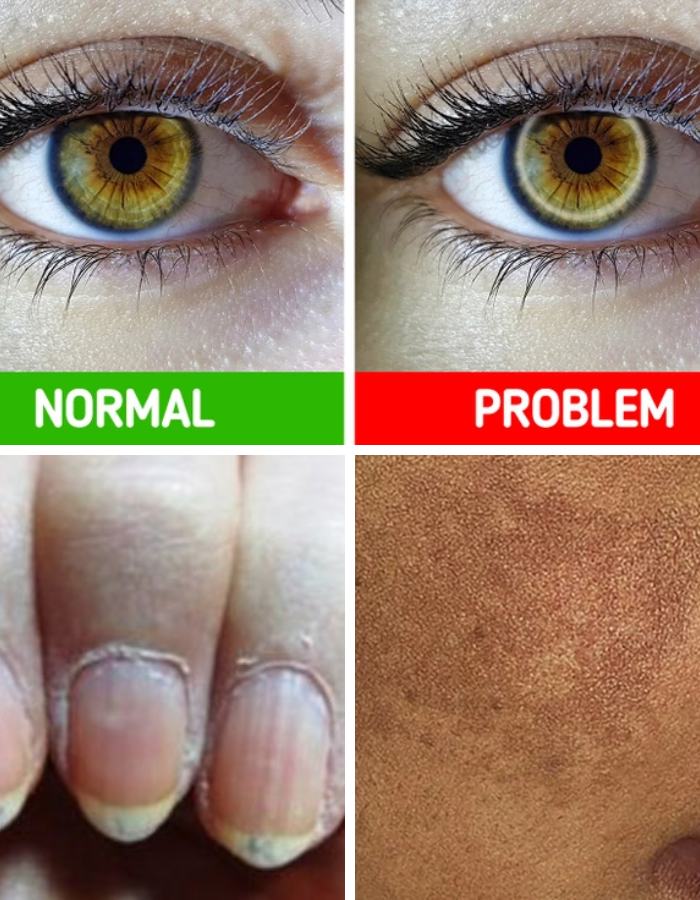
Our bodies have an amazing ability to communicate when something isn’t quite right. These signals, which range from subtle alterations to more obvious symptoms, can provide critical information about our health.
CONTENT IS PROVIDED FOR INFORMATIONAL PURPOSES ONLY AND IS NOT INTENDED AS A SUBSTITUTE OF MEDICAL ADVICE.
SEEK GUIDANCE OF YOUR DOCTOR REGARDING YOUR HEALTH AND MEDICAL CONDITIONS.
1. Changes in eye color
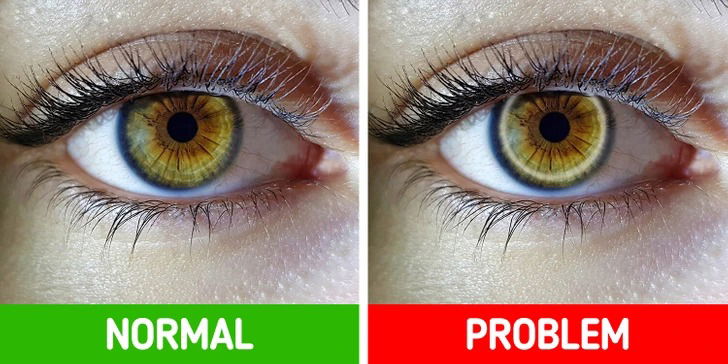
Doctors have discovered that a white or gray ring around the cornea of the eyes may signify elevated cholesterol in people under 45 years old. While the ring is mostly a visual phenomena, it can act as an early indicator of underlying health problems. If you observe this ring, speak with your doctor right away because early detection of elevated cholesterol can help prevent more serious diseases. Regular check-ups and cholesterol monitoring are recommended, especially for those who exhibit this symptom.
The ring is typically linked with age, however it does not always indicate excessive cholesterol in everyone.
2. Grinding teeth

Recent study suggests that tooth grinding (bruxism) may occasionally be connected with parasite illnesses, while the specific cause-and-effect relationship is unknown. Parasitic diseases are frequently accompanied by conditions such as vitamin deficits and food allergies, which can put extra strain on the body.
Teeth grinding is usually associated with stress, therefore this link could explain the relationship. Additionally, parasites have a significant impact on the gut, which interacts with the brain via the vagus nerve. This implies that toxins released by viruses may affect brain transmission, perhaps leading to bruxism. Further research is required to completely comprehend these complicated connections.
3. Dark patches of skin
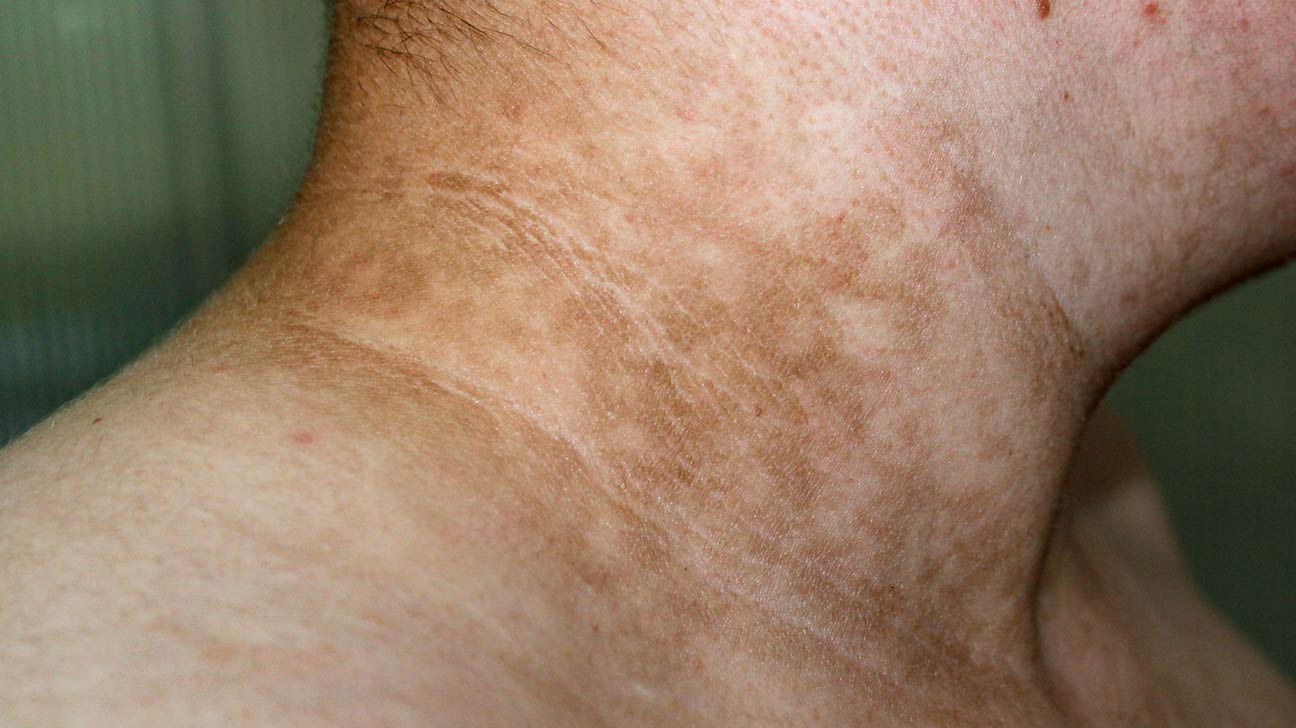
The actual etiology of dark skin patches is unknown, but sensitivity to estrogen and progesterone has been linked to the disorder. As a result, birth control pills, pregnancy, and hormonal therapy can all cause melasma.
Additionally, stress and thyroid disorders are thought to contribute to the development of melasma.
4. Yellow tears

The meibomian glands in your eyes create oil that lubricates and protects against dryness. However, if these glands create too much oil, it can mix with tears, turning them yellow and making them feel greasy.
Other causes of yellow tears include infections and allergies. In certain cases, the yellow color could be due to pus from an illness or a reaction to environmental irritants.
5. Mouth sores and tongue swelling
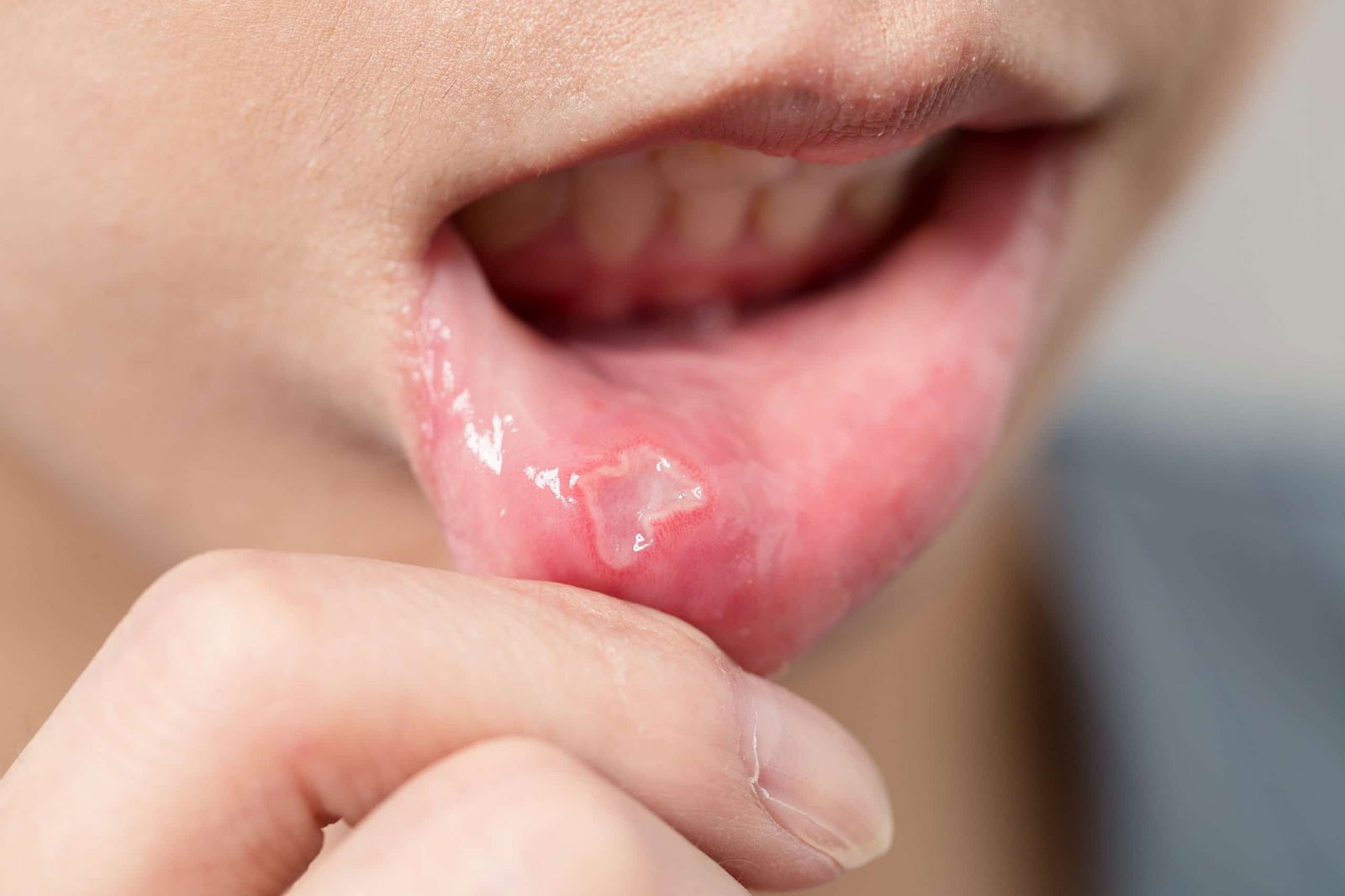
These symptoms often arise when folate insufficiency is severe, therefore they should not be overlooked. Your tongue may appear swollen, red, or shiny, particularly at the tip and borders.
Furthermore, due to a decrease in red blood cells, you may have pain during swallowing, as well as a sore tongue and stomatitis.
6. Skin and nails problems
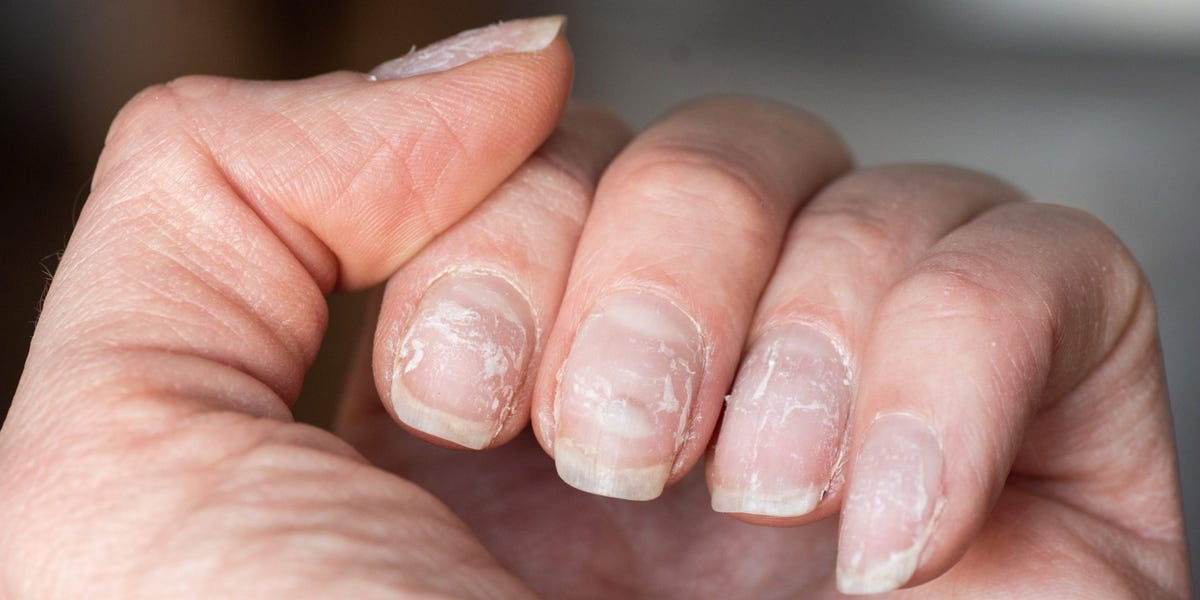
Hair keratosis and herpetiform dermatitis are two skin disorders associated with gluten intolerance. Itching and rashes are common symptoms, which can arise on the hands, torso, face, buttocks, elbows, and hairline. Individuals may also notice weaker and brittle nails.
Other skin conditions that resemble eczema may also indicate a gluten-induced response.
7. Feeling cold all the time

As the weather is cold, it’s natural to desire to warm up your home. However, if you frequently grab an extra blanket, this could indicate inadequate thyroid production. Reduced thyroid hormone levels can reduce your metabolism, causing you to feel cold even in a warm setting.
Other signs of hypothyroidism include fatigue and weight gain. If you suspect a thyroid problem, you should see a doctor for an accurate diagnosis and treatment.
Paying close attention to your body’s signals is critical for detecting potential health issues early and avoiding more significant problems later on.

















